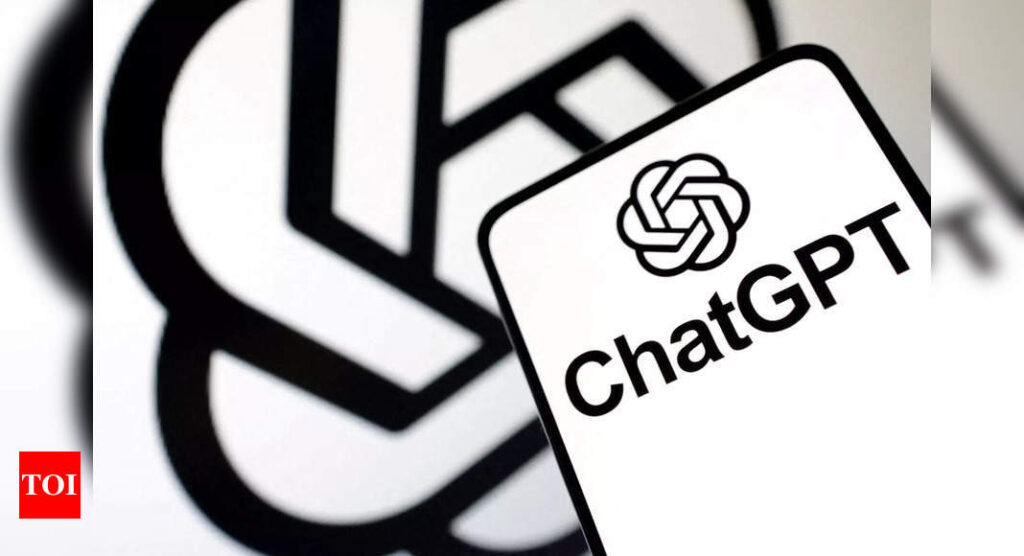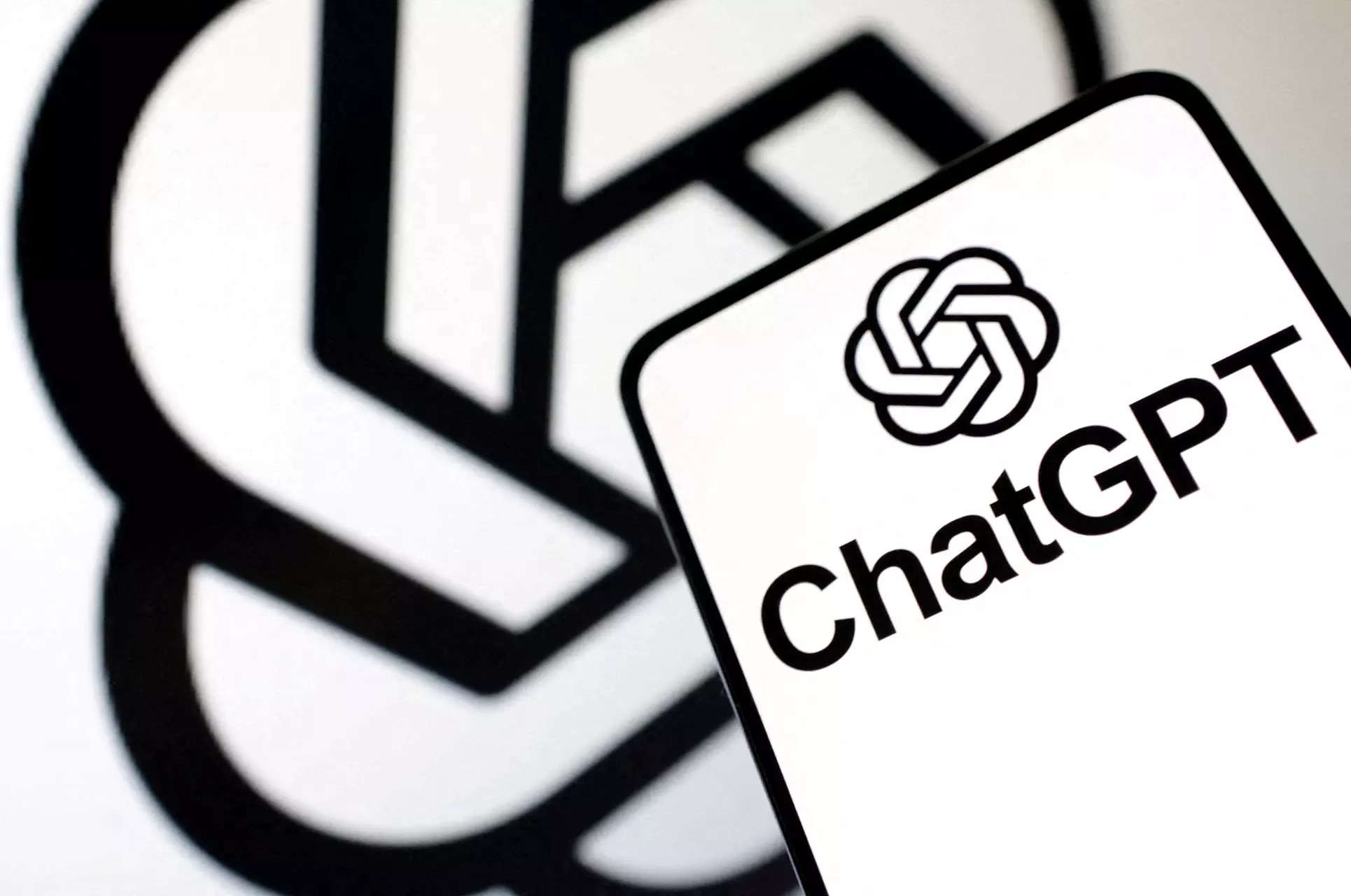[ad_1]
OpenAI, the company behind AI-powered chatbot ChatGPT, is reportedly exploring making its own artificial intelligence chips. According to a report in news agency Reuters, the company has gone as far as evaluating a potential acquisition target.
The report adds that so far the Microsoft-owned company has not yet decided to move ahead. However, since at least last year it has discussed various options to solve the shortage of expensive AI chips that OpenAI relies on. The report quotes people familiar with the matter. These options have reportedly included building its own AI chip, working more closely with other chip makers including Nvidia and also diversifying its suppliers beyond Nvidia. Presently, Nvidia leads this space with over 80% share.
ChatGPT CEO Sam Altman, who has often publicly complained about the scarcity of graphics processing units, is said to have made the acquisition of more AI chips a top priority for the company. According to Altman the effort to get more chips is tied to two major concerns: A shortage of the advanced processors that power OpenAI’s software and the “eye-watering” costs associated with running the hardware necessary to power its efforts and products. Running ChatGPT is reportedly very expensive for the company. Each query costs roughly 4 cents, according to an analysis from Bernstein analyst Stacy Rasgon. If ChatGPT queries grow to a tenth the scale of Google search, it would require roughly $48.1 billion worth of GPUs initially and about $16 billion worth of chips a year to keep operational.
May go the Google and Amazon way
An effort to develop its own AI chips would mean OpenAI joining technology giants Alphabet’s Google and Amazon.com that have sought to take control over designing the chips that are fundamental to their businesses.
Making custom chips is an investment-heavy proposition. It would be a major strategic initiative and a heavy investment that could amount to hundreds of millions of dollars a year in costs, industry veterans told Reuters. Also, AI-committed resources to the task would not guarantee success.
Even if OpenAI goes ahead with plans for a custom chip – including an acquisition – the effort is likely to take several years leaving the company dependent on commercial providers like Nvidia and Advanced Micro Devices in the meantime. An acquisition of a chip company could speed the process of building OpenAI’s own chip – as it did for Amazon.com and its acquisition of Annapurna Labs in 2015.
The report adds that so far the Microsoft-owned company has not yet decided to move ahead. However, since at least last year it has discussed various options to solve the shortage of expensive AI chips that OpenAI relies on. The report quotes people familiar with the matter. These options have reportedly included building its own AI chip, working more closely with other chip makers including Nvidia and also diversifying its suppliers beyond Nvidia. Presently, Nvidia leads this space with over 80% share.
ChatGPT CEO Sam Altman, who has often publicly complained about the scarcity of graphics processing units, is said to have made the acquisition of more AI chips a top priority for the company. According to Altman the effort to get more chips is tied to two major concerns: A shortage of the advanced processors that power OpenAI’s software and the “eye-watering” costs associated with running the hardware necessary to power its efforts and products. Running ChatGPT is reportedly very expensive for the company. Each query costs roughly 4 cents, according to an analysis from Bernstein analyst Stacy Rasgon. If ChatGPT queries grow to a tenth the scale of Google search, it would require roughly $48.1 billion worth of GPUs initially and about $16 billion worth of chips a year to keep operational.
May go the Google and Amazon way
An effort to develop its own AI chips would mean OpenAI joining technology giants Alphabet’s Google and Amazon.com that have sought to take control over designing the chips that are fundamental to their businesses.
Making custom chips is an investment-heavy proposition. It would be a major strategic initiative and a heavy investment that could amount to hundreds of millions of dollars a year in costs, industry veterans told Reuters. Also, AI-committed resources to the task would not guarantee success.
Even if OpenAI goes ahead with plans for a custom chip – including an acquisition – the effort is likely to take several years leaving the company dependent on commercial providers like Nvidia and Advanced Micro Devices in the meantime. An acquisition of a chip company could speed the process of building OpenAI’s own chip – as it did for Amazon.com and its acquisition of Annapurna Labs in 2015.
[ad_2]
Source link











More Stories
Google Maps: Three privacy features coming to Google Maps on Android, iPhones
Most-Downloaded IPhone App: This Chinese app was the most-downloaded iPhone app in the US in 2023
Ukraine’s largest mobile operator goes offline for millions of users after cyber attack